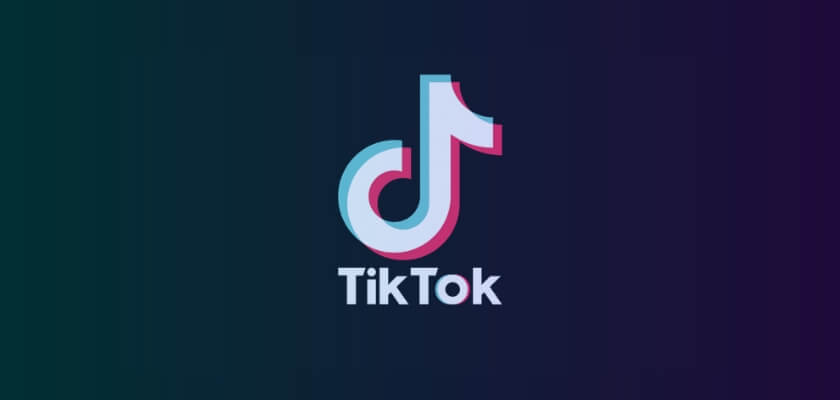The popular Chinese video-sharing app Tik Tok is now available for downloads across India’s app-stores after the Madras High Court has decided to lift the ban.
Only a few years have passed since its debut, and Tik Tok has made quite a name for itself. Its reputation could be attributed to various factors: being perfectly targeted, being the property of Toutiao (a big Chinese media group, capable of influencing millions of people) and being the protagonist of an ever-growing number of strange bans and rehabilitation.
The 3rd of July 2018 Tik Tok was banned after being accused by the Indonesian Government of diffusing “pornography and blasphemy”. The ban was lifted on the 11th of July after Tik Tok promised to task 20 employees with filtering the content.
In November 2018 it was blocked in Bangladesh. In the same year, China warned the app for showing “unacceptable” videos.
In January 2019 the Chinese government created a list with 100 types of censorable content and declared that they would start to hold app developers responsible for whatever is shared on their platform.
This time it was India’s turn to block the app (with effect only on downloads, not on pre-existing users). And so it was, for a total of 8 days. Today Tik Tok is once again available to all Apple and Google users, through the app stores.
Furthermore, both China and Indonesia have quite repressive, pro-censorship policies. It would be reasonable to believe that they’d keep a questionable, but hard line.
Is Southeast Asia really worried about what type of content is shared on these user-fed platforms, and the impact that it could have on their population?
At present all the bans have been revoked.
Are they worried about misuse? In 2018 Tik Tok introduced an anti-addiction function that warns the user after 90 minutes of continuous watching. In 90 minutes you could watch over 300 Tik Tok videos, after that you’d get a notice .
It rather looks like another little piece of freedom has taken from the hands of the common person: app-stores acting like border control, governments censoring users, on apps that impose “content filters” while covertly harvesting our data.








